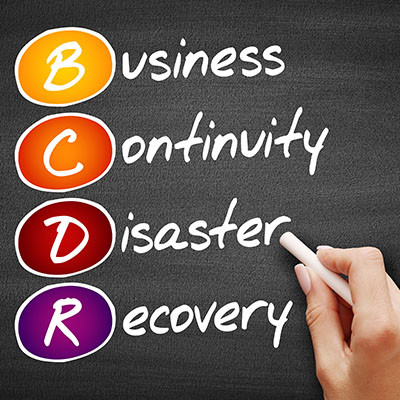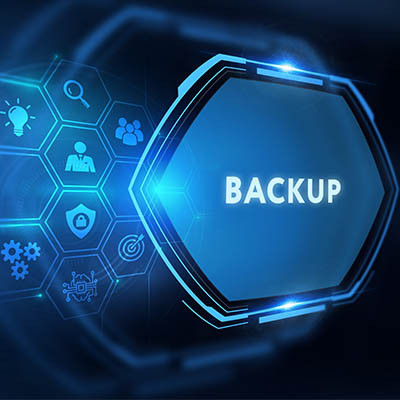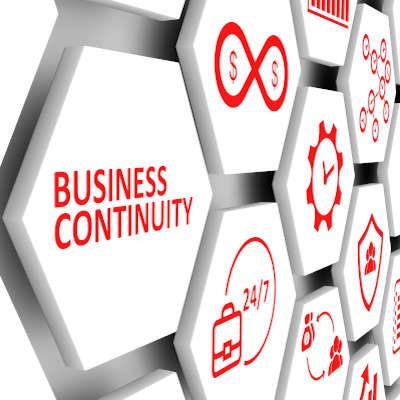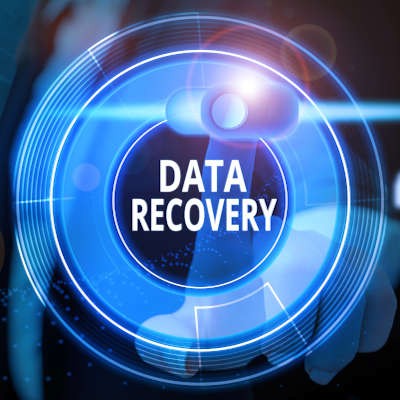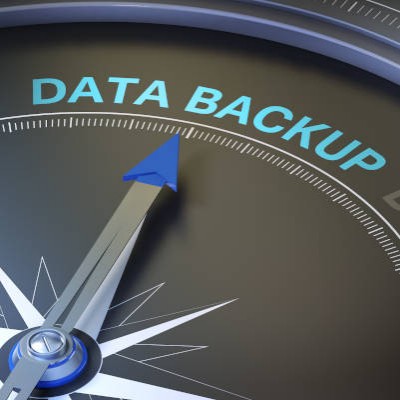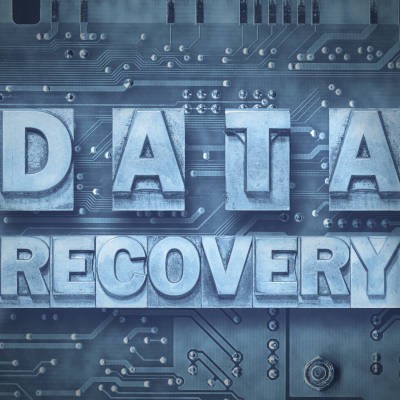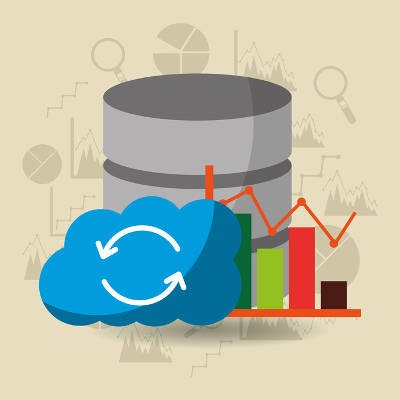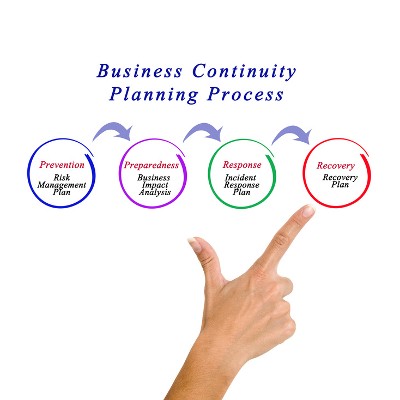Your business could stand to learn quite a bit from the way that financial institutions handle business continuity. Technology is a central part of the way that Federal Reserve Bank (FRB) and the Securities and Exchange Commission (SEC) function, as well as the companies that these organizations oversee. Data loss and downtime are the arch nemeses of these organizations, so it makes sense that you look at what these organizations do to prevent it.
The FRB and SEC demand certain standards be met by any organizations that they are associated with. You can use these regulations to learn a bit about how best to protect your organization from data loss and downtime. Even if your organization isn’t legally required to meet these standards, it’s still a good way to prepare for a worst-case scenario.
Personnel
Human resources are one of the most important parts of running your business, as without workers, your organization doesn’t exist. It’s surprising how often they aren’t considered in a data backup plan. Therefore, you’ll want to ensure that you have identified key personnel and establish emergency contacts in the event that you need to make impossibly quick decisions. Also identify who is in charge of your business continuity plan, as they will be central to pulling it off in the long run.
Communication and Planning
Communication is also an integral part of any business continuity plan. You need to have a system set up to notify your team in the event of a disaster event, as well as have a hotline set up that allows employees to receive updates. Keep updated phone records and have backup communication plans in the event that you’re unable to use your primary one. Lastly, ensure that you have a way to contact your vendors and, most importantly, your customers, as they need to be aware of any issues that keep them from receiving any services rendered.
Technology Troubles
Technology plays an important role in the recovery process, just like it does during normal operations. You need to have a clear-cut process for recovering data, and you should be taking advantage of multiple locations for your data backup needs. More than anything, though, you should implement a priority list for your business technology solutions. This priority list should include the following critical assets: hardware (servers, network components, mainframe), software (applications, operating systems, etc), communications (network and telecommunications), data (files and records), operations processing equipment, and office equipment.
General Checklist
Here are a few more topics to consider that are often overlooked by businesses planning for disaster recovery:
- An official declaration of a disaster scenario
- An alternative location for operations to continue
- Automated systems that can run manually
- A maintenance plan
- A way to practice the execution of your disaster recovery plan
If your business implements a poor data backup and disaster recovery solution, you will feel it when it comes time to actually respond to a disaster. You’ll lose time and precious resources scrambling to get things back in working order. A proactive stance could be the only way to combat a disaster scenario. To learn more about how to protect your organization, reach out to us at 02 98730080.



